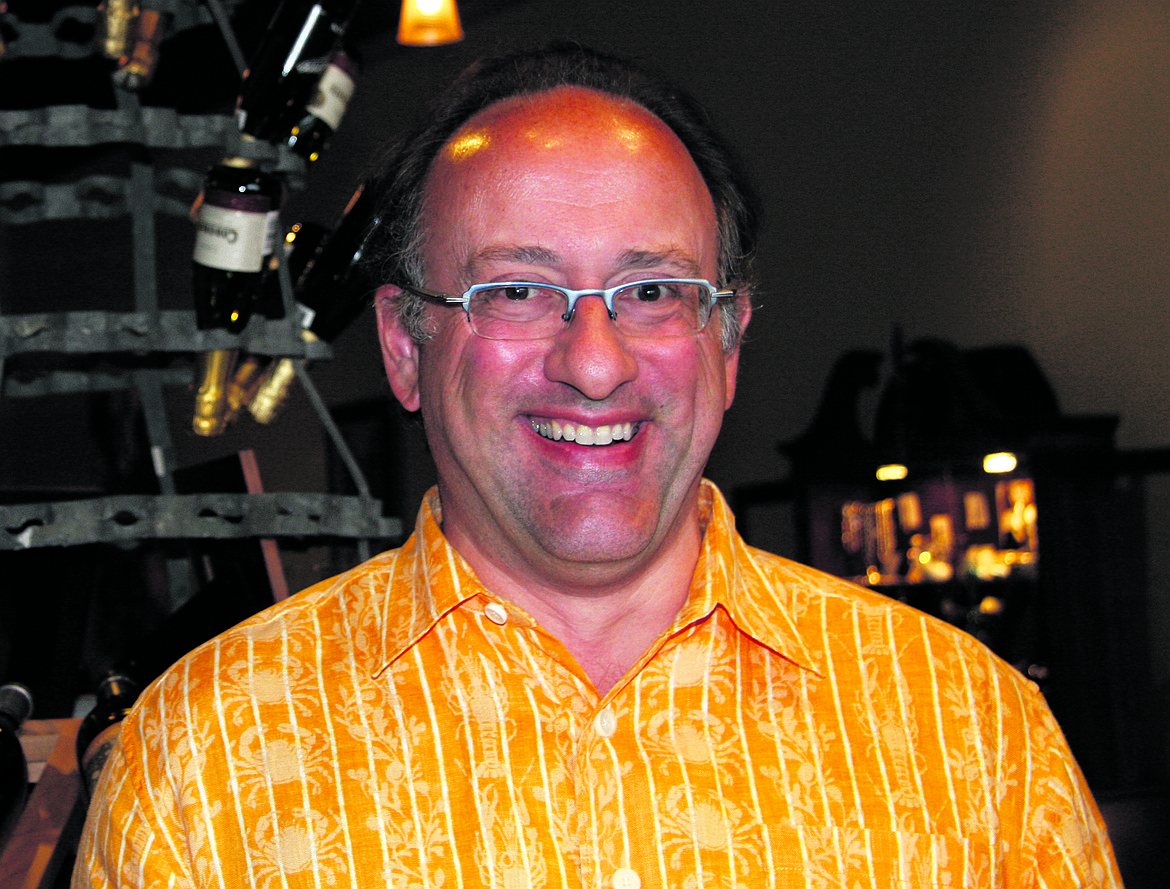ADVERTISING: Advertorial — All that is meaningless
The wine industry like all businesses has its own language. In the world of wine many of the buzz words and frequently used terms are regulated in that organizations have laid down strict requirements on when and how terms can be used. Sparkling wine from places other than the Champagne region in France can’t be marketed as Champagne is just one example.
Over time though words start to creep in to the lexicon of the industry that are not only unregulated but also have no real meaning. Most of these terms not surprisingly crop up as part of marketing efforts by a winery, multiple wineries or retailer trying to gain an advantage in selling their wine in what is an increasingly competitive global wine market. It is important for wine consumers to know which designations they can rely on to have meaning and which are largely meaningless.
“Old Vines” and “Ancient Vines” are two of my favorite meaningless terms. There is no standard in any appellation of what constitutes either an old or ancient vine. Any winery or wine company can print “Old Vine” on the label without consequence or restriction. Another wine term that has been out there for a long time is Claret, while it has come to be used most frequently to describe a Bordeaux style blend, not from Bordeaux it has no official meaning and can be slapped on pretty much any bottle. Similar to Meritage, it has no significance and should not be trusted to carry any importance.
Recently though some new meaningless wine terms have started to creep up, and it will take some time before wine consumers will correctly discount them. There is an internet-based wine retailer calling itself Dry Farmed Wines, their pitch is that the wines they select are somehow more pure and better for you. It is in short, complete bunk. There are dry farmed vineyards everywhere in the wine world, it is a choice some grape growers make, and in many cases, it involves vineyards that were planted prior to modern irrigation systems being widely available. Dry farming grapes has nothing to do with making wines that are better for you. It is simply put a farming approach. The best evidence of this is that irrigation of a vineyard is not part of any of the standards for organically grown grapes in any appellation.
Another recent addition to the lingo of wine marketing is “natural wine.” Like all the other meaningless terms out there no standard exists for what can or should be called natural wine, and a wine designated with natural wine should not be relied on to mean the wine is in any way better or worse for you.
Many of us as wine consumers like the sound of the term “small lot” in reference to how many cases of a wine is made. The problem though is like the other wine terms listed here there is no standard. It sounds exclusive and implies that much attention was paid to producing a small amount of wine somehow making the wine better or better for you, it doesn’t convey any of these things.
Most all of these meaningless marketing terms have shown up in response to wine consumer’s allergic reactions to some wines, or for those of us most severely affected all wines. Many times, sulfites are the easy target for those who have an allergic reaction to wines, the fact is though there are many, many things in wine we could be reacting to from yeast strains used in the fermentation, to tannins imparted from the grape skins and oak barrels to micro-organisms present in the soils of some vineyards. Dry farmed, natural wines, nor small lot productions are going to necessarily improve or reduce our physical reaction to any of them! In fact, Sulphur based chemicals play vital roles in wine production, and sulfites are part of the natural process of fermentation. Sulfite free wines go through more manipulation to remove the sulfites than a wine that is made in traditional methods, and most times they don’t taste very good.
As wine professionals we appreciate that consumers want to limit their allergic reactions to wines. Whether minor or severe wine allergies are no fun. The best approach though is to start to monitor and track which wines cause the bad reactions, and then avoid those wines. Let your favorite wine professional know too which wines cause reactions and we can help by recommending wines that will treat you more gently based on the knowledge you share with us. It is a far more effective approach than following the latest marketing slogan.
• • •
George Balling is co-owner with his wife, Mary Lancaster, of The Dinner Party, a wine and gift shop in Coeur d’Alene by Costco. The Dinner Party has won the award for best wine shop in North Idaho twice, including for 2018.
George is also published in several other publications around the country. After working in wineries in California and judging many wine competitions, he moved to Coeur d’Alene with Mary more than 10 years ago to open the shop.
You can also follow us on Facebook at facebook.com/#!/dinnerpartyshop or visit www.thedinnerpartyshop.com.

